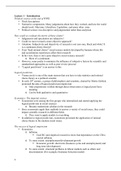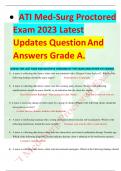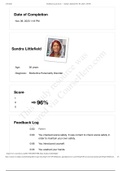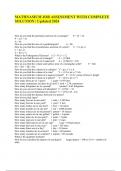College aantekeningen
College aantekeningen Rational Choice Theory (6442HRCT)
- Instelling
- Universiteit Leiden (UL)
Dit zijn mijn complete aantekeningen van de colleges van het vak Rational Choice Theory gegeven in het tweede jaar van IRO. Als er iets staat over het tentamen gaat dit over het tentamen in mei 2021.
[Meer zien]








